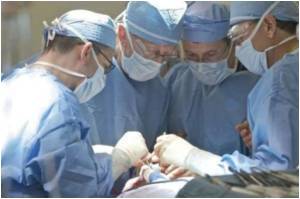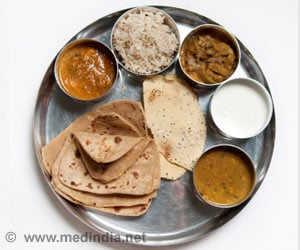Surgeons at the Kochi-based Amrita Institute of Medical Sciences have registered a rear feat of carrying out the world's first successful hand transplant of a colored skin.

Dr. Subramania Iyer, Professor and Head of the Plastic Surgery Department, said, "The operation lasted for 16 hours with more than 20 surgeons participating in the procedure. Each hand required connecting two bones, two arteries, four veins and about 14 tendons. The immune suppressant drugs were started before the start of the surgery and continued after it. He was shifted to a transplant ICU. Careful monitoring of the blood supply to the hands was done and all precautions to prevent infections was instituted in the nursing. Another operation to replace an area of bad skin was done for his left hand on the second day. After 14 days post-surgery, both the hands have been accepted by the recipient's body and he started regaining movements. He has been shifted out of the ICU and post-surgical rehabilitation process has started under supervision. Manu will be able to move his hands since his own muscles of the forearm are working to move the fingers. The sensations will return only slowly and is expected in three to four months. His immunosuppressant drugs (to prevent rejection of the transplanted hands) will have to be continued indefinitely, but at a reduced rate from three months."
Dr. Iyer said that the current transplant is important, since follow up of the transplanted skin is done by the appearance of the skin and skin biopsies every month to see signs of rejection. Details of the transplant have been added to the International Registry of Hand Transplants, which maintains stringent standards in the follow-up of these cases.
Dr. Iyer said, "This transplant has put the Indian scientific community among the league of a few developed nations in the field of composite tissue allotransplant."
Source-Medindia








